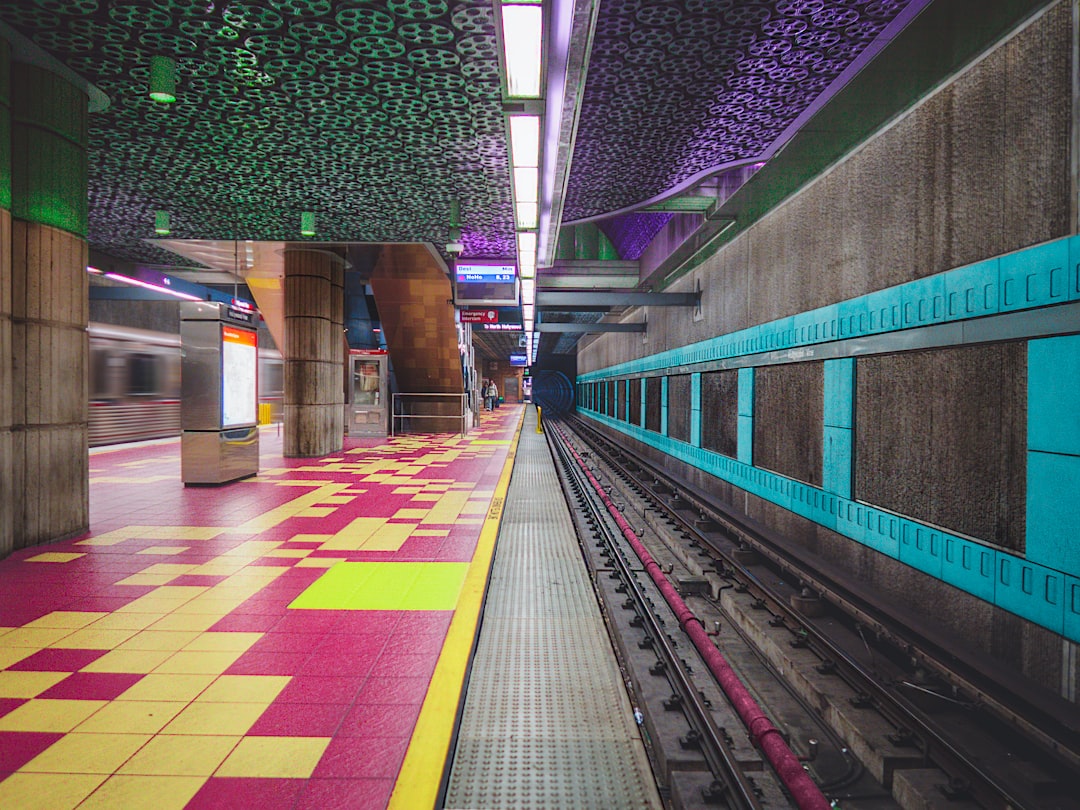Industrial Designer Kaitātai Ahumahi
Industrial designers design and develop innovative products for use in homes, businesses and industry.
Industrial designers may do some or all of the following:
- analyse clients' requirements
- generate ideas for new products
- prepare drawings and models
- trial prototypes (models) to test design progress
- develop concept designs through to detailed production designs
- discuss design ideas with clients
- work out material and process requirements
- provide clients with budgets for production of designs
- analyse product patent documents
- test the durability, efficiency, or comfort of products (ergonomics).
Useful Experience
Useful experience for industrial designers includes:
- visualisation or illustration experience
- computer-assisted design (CAD) experience
- digital fabrication (computer-aided design and manufacture of products using 3D printing or machining)
- model making
- architecture or interior design work
- craft or furniture design
- manufacturing work in a workshop
- running a business.
Personal Qualities
Industrial designers need to be:
- creative and imaginative with good artistic skills
- innovative
- able to work well under pressure
- motivated and confident
- able to accept criticism
- good communicators
- persuasive, as they need to sell their ideas and designs to clients.
Skills
Industrial designers need to have knowledge of:
- design and production standards
- manufacturing materials and processes
- ergonomic and human factors design (how to design for users' comfort and efficiency)
- how to interpret and visualise ideas in two and three dimensions (2D and 3D)
- how to operate digital design tools and equipment.
Conditions
Industrial designers:
- usually work regular business hours, but may work evenings and weekends to meet deadlines
- work in offices, workshops or studios
- may travel locally, nationally or internationally to work with clients.
Subject Recommendations
A tertiary entrance qualification is required to enter further training. Useful subjects include design and visual communication (graphics), maths, construction and mechanical technologies, English, art and computer studies.
Related Courses
Industrial Designers can earn around $60K-$75K per year.
Pay for industrial designers varies depending on experience.
- Industrial designers usually earn between $60,000 and $75,000 a year.
- With experience they can earn between $75,000 and $90,000.
- With more experience and responsibilities, industrial designers can earn $90,000 to $120,000.
Self-employed industrial designers may earn more than this, but this depends on the success of their business.
Source: careers.govt.nz and Seek, 2023
Industrial designers progress by developing more advanced skills in their area of professional practice, and may move into managerial roles.
Industrial designers may specialise in:
- home appliances, lighting and furniture design
- transport design
- equipment design including medical, agricultural, electronic and recreational equipment
- marine or aircraft interiors
- film production, and stage and tourism design
- retail space design
- service design
- game design
- ergonomic and human factors design (designing services or products that are safe, comfortable, and encourage productivity)
- interaction design (design based on studying how users interact with products or services).
Years Of Training
3 years of training usually required.To become an industrial designer you need a Bachelor's degree in industrial or product design. Some employers accept people with degrees in related areas such as graphic or architectural design.
You also need a portfolio that demonstrates your design and creative ability.

 Henderson High School
Henderson High School